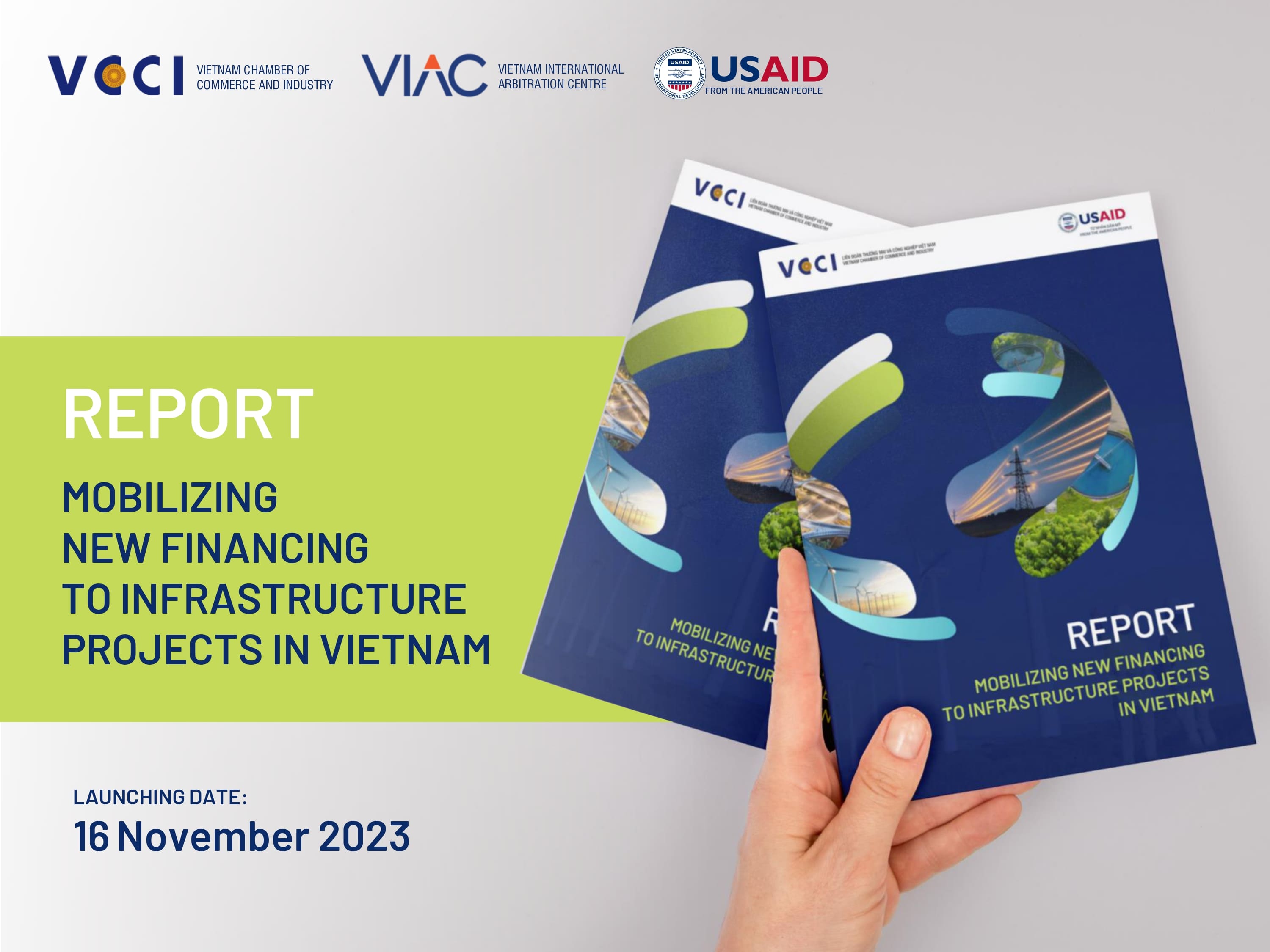
According to the Global Infrastructure Outlook , Vietnam will need over US$ 600 billion to reach its infrastructure goals by 2040. The traditional sources of funding will be insufficient to address such financing needs. Vietnam’s infrastructure has mostly been financed directly by the government and other public agencies, such as local governments and state-owned enterprises, while private participation has been limited. As government budgets are further burdened by COVID-19-related expenditures, the fiscal ability to fund and finance new infrastructure is increasingly constrained. As a result, the Government of Vietnam needs to identify new ways to mobilize resources for new infrastructure.
Private finance, including investors’ equity and banking loans, face certain constraints. In the upcoming period, bank loans to infrastructure projects are expected to decline further as banks are tightening their policy and reducing long-term exposure. In many countries, bank loans are used almost exclusively during a project’s high-risk construction phase. These loans can then be partially replaced with other financing instruments once a project begins to generate cash.
Institutional investors , including pension funds, insurance companies, and wealth funds, with low-risk appetite and long-term investment horizons, have been a large source of financing for infrastructure projects in many countries and can be potential alternative sources for financing infrastructure in Vietnam once the right policies, incentives, and projects are in place. Institutional investors have been attracted by these assets because of the associated favorable investment characteristics, such as low competition and predictable and stable cash flows over the long term, enabling liability matching and inflation hedging. However, institutional investors need suitable financing products and an enabling environment for their investment.
Amid that status quo, Vietnam needs more private financing to meet its huge demand for infrastructure. To bridge the funding gap, Vietnam will need to implement market-based approaches to mobilize private investment in infrastructure. International experiences in recycling government assets and attracting institutional investors are a valuable references for governmental agencies to achieve sustainable infrastructure development in the country.
As a part of “Technical assistance for capacity and resilience enhancement and sustainable development” the Vietnam International Arbitration Centre (VIAC), in coordination with the Vietnam Chamber of Commerce and Industry (VCCI) and the United States Agency for International Development (USAID) co-ordinated to establish the report on “Mobilizing New Financing for Infrastructure Projects in Vietnam.” The report consists of two main parts, accordingly with two methods of mobilizing new financing – asset recycling (AR) and mobilization of financing from institutional investors. In each part, the report shall present the method, international experiences on implementing these methods and recommendation for implementation in Vietnam.
The report is going to be launched at Launching Seminar on Draft Report on PPP Model Contracts and Report on Mobilizing New Financing for Infrastructure Projects in Vietnam, with detailed information as follows:
Please find further information and registration HERE
.